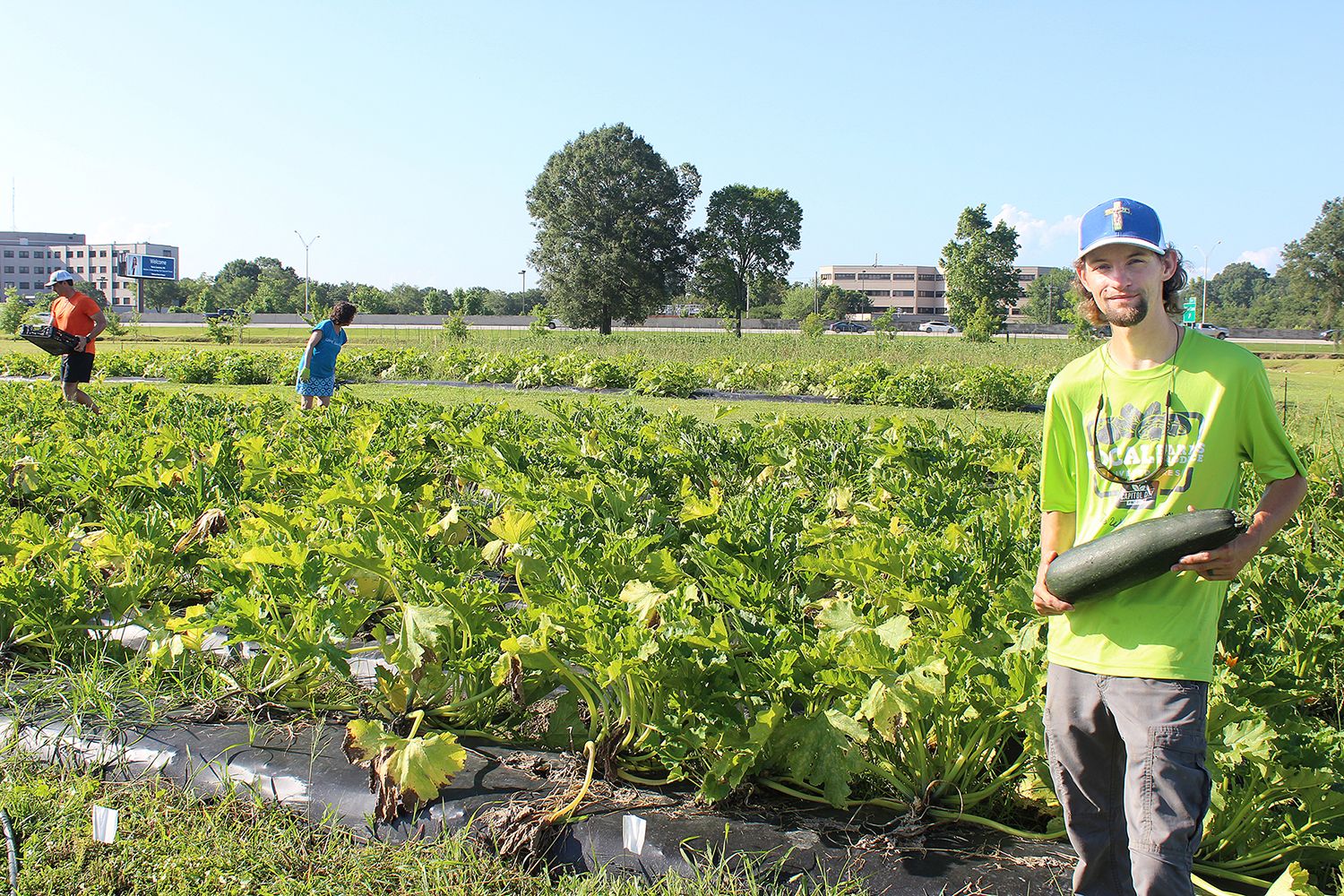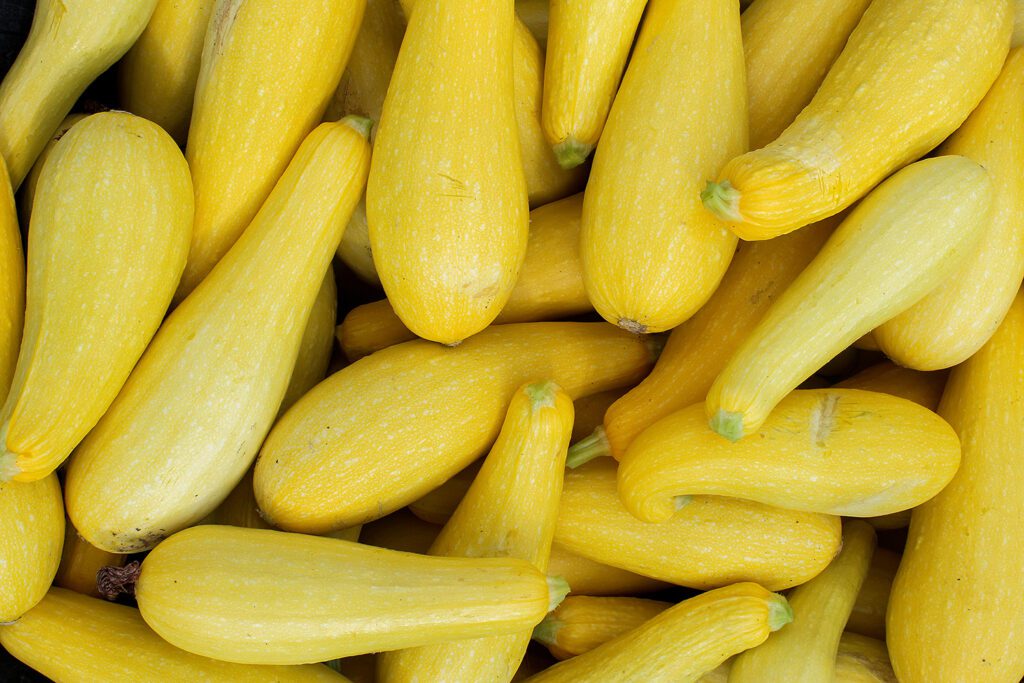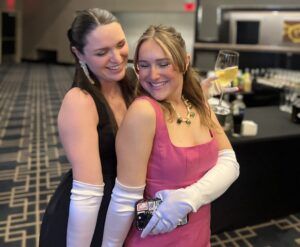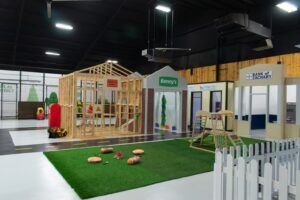
Giving Back: Vince Ferachi Community Garden
Mention the name Vince Ferachi in Baton Rouge and stories of summertime bounty will be sure to greet you, each tale of food-minded philanthropy or farm-to-table philosophy owing itself to the late Capitol City Produce patriarch’s devotion to making our city a healthier, tastier place. Even after his death in 2018, his son Paul has continued the work founded by Vince’s father in 1947, distributing regionally grown produce and providing opportunity to farmers across the Gulf South. But Paul, noticing the number of Baton Rougeans who still lacked access to—or education about—fresh produce options in the city, also knew there was still room for Vince’s legacy to grow.
In 2019, Paul purchased an unused plot of land beside his main distribution facilities off O’Neal Lane, and he arranged for the tilling of its soil and sowing of new seeds with the help of volunteers from the Greater Baton Rouge Food Bank. The rows soon frothed with strawberries, garlic, onions, carrots and a wealth of other spring greens, all of which were harvested and donated as the first crop of the newly established Vince Ferachi Community Garden.
“Making sure that the food bank had plenty of fresh fruits and vegetables is something that my dad was very passionate about,” says Paul, who also works with LSU, Southern University and volunteers from regional farms to plant and harvest each batch of crops. “It takes a lot of time and energy to keep this community garden going, but it’s definitely fulfilling to follow in his footsteps and help the community that way.”

The collaborative mission between local growers and distributors speaks directly to Vince’s legacy, which went beyond the business of buying and selling food. By enlisting the help of volunteers from nearby farms like Liuzza Produce Farm in Amite and Garber Farms in Iota, as well as from anyone looking to lend a helping hand, the act of procuring fresh food became a tool beneficial not just for healthy bodies but also for a healthy, social community.
“The key to any community garden’s success is community engagement; the community has to want it and push it to succeed,” says Mike Manning, president and CEO of the Greater Baton Rouge Food Bank. “That’s why gardens like these are great opportunities, especially when it comes to educating people about fruits and vegetables that may be foreign to them because they’re not native to south Louisiana, or because people haven’t encountered them in stores.”
The Ferachi family thinks so, too, which is why they open the garden up to school field trips and other educational opportunities, sowing a knowledge of healthy eating in the youngest members of the community.
“It’s like we’ve put a little twist on the basic idea of a community garden, since the business manages it and grows it, but everything goes back to the community,” says Candi Ferachi, Paul’s wife and co-owner of Capitol City Produce. “Combating food scarcity was very important to my father-in-law, but so was simply exposing people to the beautiful produce we can grow right here in Louisiana.”
Now approaching its third year, the garden grows under the supervision of Cameron Ferachi, Paul and Candi’s son and a fourth-generation family employee, who works full time as the property’s gardener. Every morning before 8 a.m., Cameron descends upon the seedlings, sprouts and ripening crops, checking water levels and growth rates before welcoming the volunteers who help weed, grow and gather the thousands of pounds of fruits and vegetables donated each season.
“Between January and June of this year, we’ve probably donated 5,000 pounds of produce,” says Cameron, who mentions summer’s particular abundance of zucchini, squash and eggplant. “All of it goes to families in need, and I only wish I had the time to meet every single one of them.”
In the Louisiana heat, time and energy do often seem to expend themselves much faster than usual, but the Ferachi family hopes that each season’s efforts will see more involvement, education and ample harvests make their way into the Baton Rouge community.
“Farming is difficult work, especially in Louisiana’s climate, but I like to think of myself as a giver, not a receiver,” says Cameron, who cites his grandfather’s influence as one of his biggest motivators. “A little goes a long way, and it feels good to help provide hearty meals to people who otherwise wouldn’t be able to access them.”
To see a list of upcoming volunteer slots, visit brfoodbank.org/community-garden.











